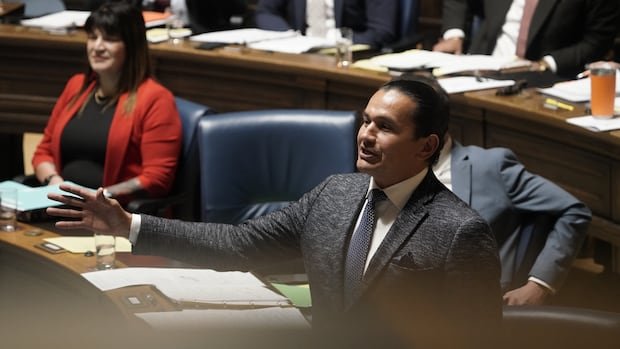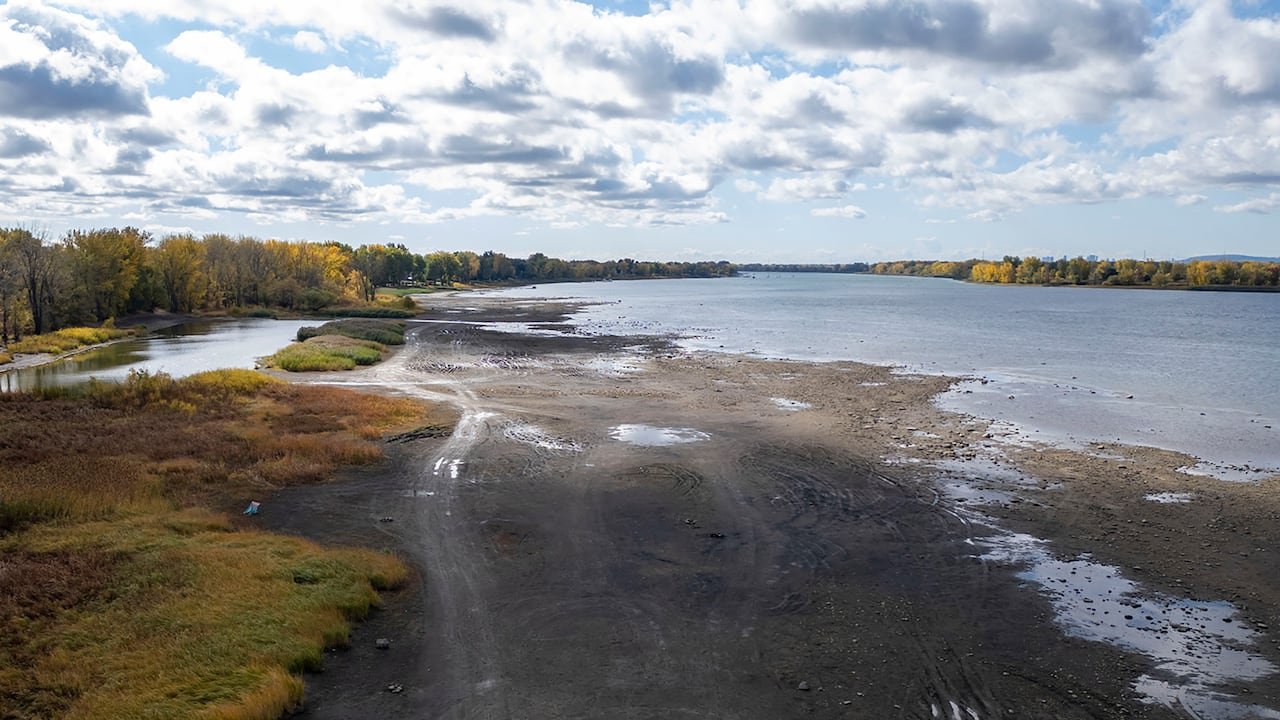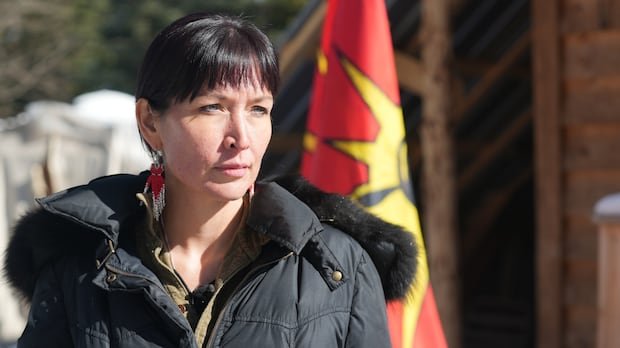The NDP is taking steps that it says will make it more difficult for future Manitoba governments to invoke the Charter’s notwithstanding clause, a measure the premier says has been used in recent years by other governments to enact legislation targeting religious groups and members of the 2SLGBTQ+ community.
Prime Minister Wab Kinew introduced Bill 50, The Constitutional Issues Amendment Act, on Thursday.
If approved, a Manitoba government invoking the clause in the future would have to argue its case before an appeal court judge. The judge would be allowed to comment on the merit of its use, but would not have the power to stop the government from moving forward.
Kinew suggested adding that an additional step will act as a safeguard against the clause being used to “trample” the rights of vulnerable groups.
“The notwithstanding clause is being routinely used by politicians who target vulnerable minorities, LGBTQ2S+ communities, religious people,” he said.
Section 33 of the Charter of Rights and Freedoms, commonly known as the notwithstanding clause, allows a government to introduce legislation that overrides some protected rights.
Alberta Premier Danielle Smith’s office this year ordered officials to invoke the clause to amend three laws affecting transgender people. Saskatchewan Premier Scott Moe invoked it in 2023 in a school pronouns law. Quebec has used the law to protect Bill 21, their secularism law.
Manitoba is one of five provinces that have applied for intervener status in a case involving Quebec’s secularism law before the Supreme Court, which has agreed to hear a legal challenge to Bill 21.
In September, Manitoba’s attorney general filed a legal factum with the Supreme Court arguing that courts should be able to issue opinions on whether the laws of other jurisdictions (including those that use the notwithstanding clause) violate the rights of Canadians.
A federal government filing before the Supreme Court last month argues that constitutional limits should be placed on how the clause can be used to temporarily erase Charter rights.
Bill 21, passed in 2019, prohibits Quebec teachers, judges, police officers and other public sector employees from wearing religious symbols at work, including hijabs, turbans, kippahs and crosses.
Quebec invoked the notwithstanding clause to protect its legislation from court challenges for a period of five years.
Ontario, Saskatchewan and Alberta applied for intervener status in support of Quebec in the Supreme Court case.
‘Talking about hypoethics’: PC leader
While the clause cannot be used to override democratic rights, it can apply to some legal and equality rights, as well as fundamental freedoms. That includes the right to religious freedom. under Section 2 of the Charter.
The notwithstanding clause was drafted to help ensure that provincial and territorial governments retained more power over their jurisdictional courts.
Kinew said his government will never use it.
“The reason is simple: because we respect human rights as articulated in the Charter,” he said.
“We are introducing this legislation today to ensure that no future government in Manitoba can use the notwithstanding clause without being straight with you.”
Progressive Conservative Leader Obby Khan said the clause has never been applied in Manitoba. He accused Kinew of “trying to distract everyone” from the NDP’s record on other fronts.
“People don’t know where they will buy food or pay their bills, and we are talking about hypoethics,” said the opposition leader.
“There are eight days left in the session… If this is so important, why didn’t you bring it up?” [sooner]?”









